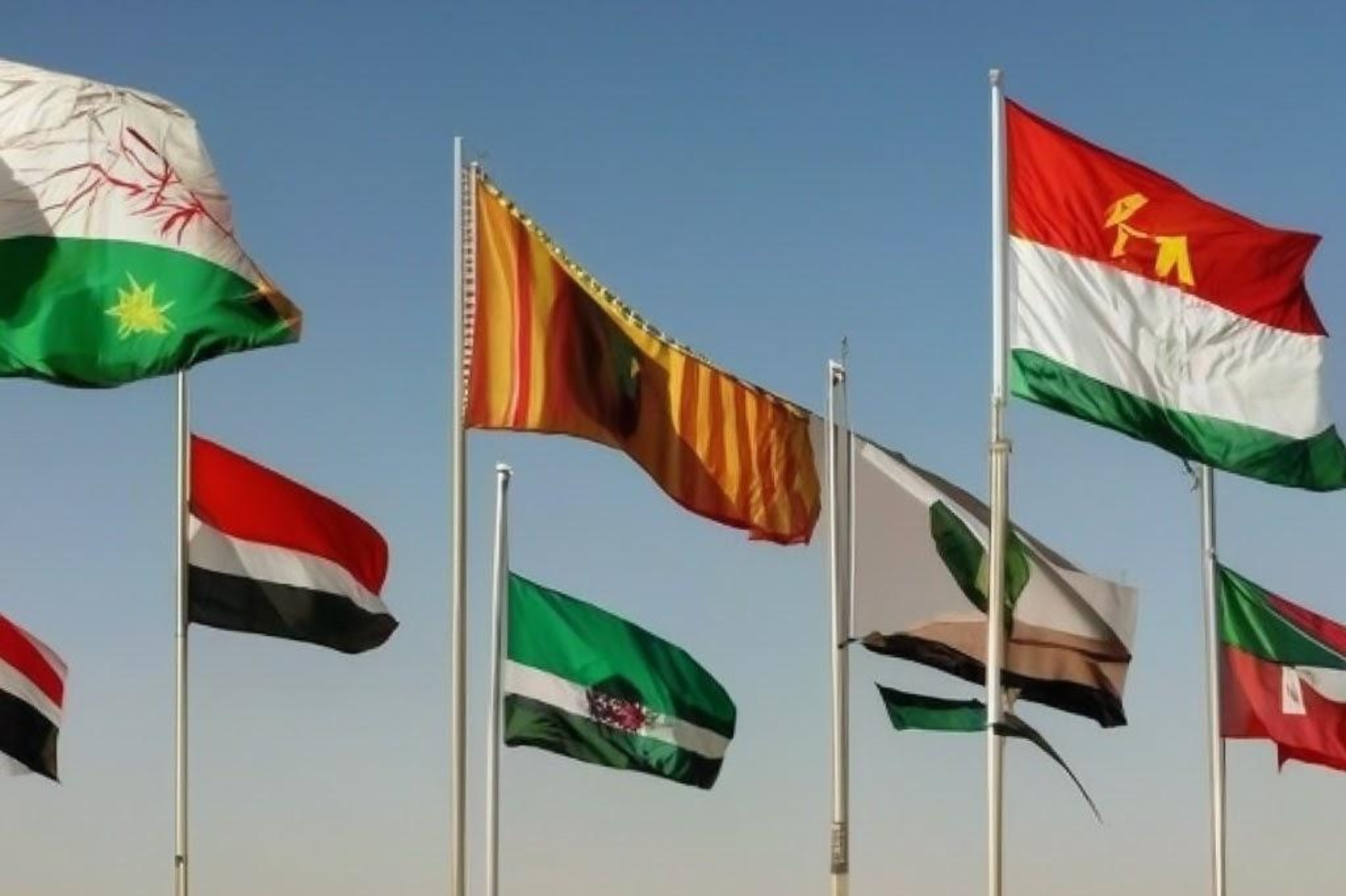
Colombia has officially submitted a request to join the New Development Bank (NDB), the financial institution founded by BRICS as an alternative to Western-dominated lenders. The announcement was made by Acting Trade Minister Cielo Rusinque during the “Colombia & BRICS” forum held in Bogotá, attended by ambassadors from BRICS member states.
Rusinque said that joining the NDB—established in 2014—would offer Colombia access to development financing outside the traditional channels of institutions like the International Monetary Fund (IMF) and the Inter-American Development Bank (IDB), which have historically linked loans to neoliberal policy reforms.
Congressman Alejandro Toro, who organized the event, stated that BRICS-aligned financing could unlock investments in sectors typically overlooked by conventional financial institutions. He suggested that shifts in U.S. trade policy, particularly under former President Donald Trump, may have spurred Colombia’s strategic pivot toward new global economic partnerships.
The forum and the official request are part of what officials describe as a “strategic realignment” toward BRICS+, reflecting Colombia’s interest in diversifying its economic alliances amid an evolving geopolitical landscape.
President Gustavo Petro has expressed Colombia’s desire to become a full BRICS member “as soon as possible.” Following talks with Brazilian President Luiz Inácio Lula da Silva, Petro announced his intent to deepen ties with BRICS, with Lula offering support for Colombia’s membership bid. Brazil, a founding member of BRICS, plays a key role in shaping the bloc’s expansion.
Colombia’s growing engagement with BRICS—especially with nations like China and Russia, often positioned in opposition to U.S. geopolitical influence—marks a significant departure from its traditionally close alignment with Washington.
During a visit to Moscow in November, Foreign Minister Luis Gilberto Murillo reiterated Colombia’s commitment to engaging with the Shanghai-based BRICS New Development Bank, now led by former Brazilian President Dilma Rousseff. The visit also advanced Colombia’s bilateral ties with Russia ahead of the 90th anniversary of diplomatic relations in 2025.
Russian Foreign Minister Sergey Lavrov confirmed that both nations will work to revive a bilateral cooperation commission focused on trade, science, and education. Cultural diplomacy was also on the agenda, with Murillo being named an Emeritus Professor by a Russian university.
Since 2024, the New Development Bank (NDB), established by BRICS nations, has welcomed several new members, expanding its global reach and influence. In September 2024, Algeria officially joined the NDB, marking a significant step in its integration into the global financial system. Algeria’s membership was approved due to its strong macroeconomic performance and its status as Africa’s leading natural gas exporter.
In March 2025, Indonesia announced its decision to join the NDB, aiming to accelerate its economic transformation. President Prabowo Subianto highlighted the potential benefits of membership in sectors like renewable energy, biodiesel, and technological development.
Looking ahead, several countries have expressed interest in joining the NDB. Ethiopia, Honduras and Zimbabwe have also shown interest, reflecting a broader trend of nations seeking alternative financial partnerships.
These developments underscore the NDB’s growing role in providing infrastructure and sustainable development financing to emerging economies.

